 If you’re immersed in the world of federal contracting, you’ve probably seen something called a Sources Sought Notice (SSN). If you’ve never submitted one of these, you may be wondering what they’re for and why it would be worthwhile to respond to them, given that there’s no contract attached to them. Let’s take a closer look.
If you’re immersed in the world of federal contracting, you’ve probably seen something called a Sources Sought Notice (SSN). If you’ve never submitted one of these, you may be wondering what they’re for and why it would be worthwhile to respond to them, given that there’s no contract attached to them. Let’s take a closer look.
A sources sought notice (SSN) is a way for a government agency to learn about what capabilities exist in the market for a particular project before the government formulates its acquisition strategy (AS). It is a form of an early-stage market research survey that allows them to see who may be viable candidates that can meet their needs, particularly if there are qualified small businesses to deliver the product or service required.
SSNs are not solicitations or requests for proposals, and as such, they don’t require prices to be included. They do not bind the government to award a contract. That said, an SSN is often a precursor to a solicitation. Following the SSN there may be a pre-solicitation notice, and then the actual solicitation. The SSN is also the stage where the government decides whether this procurement will be a sole source, or small business set-aside opportunity.
In an SSN the government agency is essentially asking for input. They’re typically looking for things like:
- The background of the company
- DUNS number
- Company or individual capabilities (explain the people who would be involved in such a project and what their experience, certifications, and/or clearances are)
- Experience and past performance doing whatever the type of work is
- Business size (i.e., whether it qualifies for small business set-asides)
- Whether the business falls under any other status that may qualify it for set-asides, like HUB Zone, or Service-Disabled Veteran-Owned
- Information on whether the business will be utilizing subcontractors for such work if your organization can handle the full contract in house
- Explain if new people will need to be hired to complete such a task and if yes what that plan would look like
- Explain whether the organization has the financial capacity to do the work
One tip: remember that these responses may be limited in size – often only 10 to 15 pages maximum – but that part will vary. Submit a compliant response.
SSN Importance for Contractors
From the federal contracting side, responding to an SSN could increase your chances of being shortlisted for the future opportunity that comes from it. In fact, in some instances, only the responders to the SSN are notified of the solicitation. This is one of the biggest reasons to respond to SSNs when you see them.
Here are some other reasons why SSNs are important and why it’s advantageous for small businesses to respond when applicable:
- Responding to one may place a business in a position of authority.
- By responding, the organization may actually help to shape the future solicitation – which may mean you’re better positioned to get it.
- It’s essentially a marketing tool for those responding to it. Even if you don’t get this opportunity, it allows name recognition to utilize later.
- Responding may mean you are notified when the actual solicitation is sent out.
- You can use the information garnered from SSNs to see where you should be focusing future development efforts
SSN Importance for Federal Agencies
SSNs can help those requesting them to learn more about what the final job will entail. This is typically the primary purpose behind their issuance. This can help to determine what types of capabilities exist for this type of project and whether those capabilities exist in small businesses or not.
SSNs also let the agency determine if they need to change anything before actually submitting the solicitation, which can lead to a better listing of requirements when the time comes.


